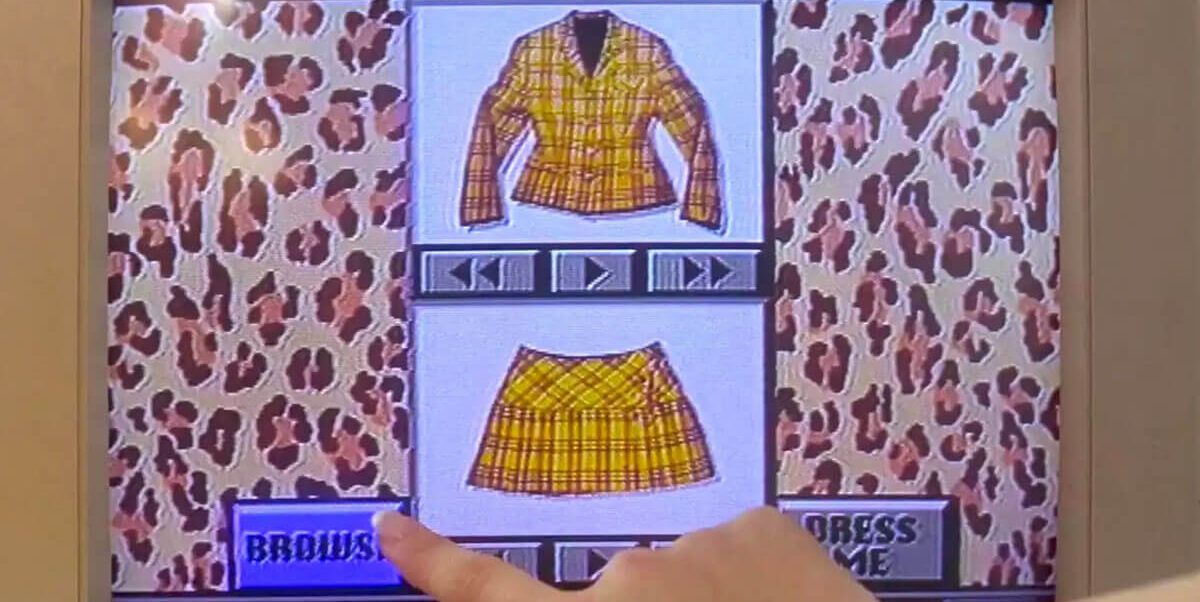
Still, Cladwell and Alta Daily are among the tech startups throwing their hats in the ring, chasing the dream of helping people decide what to wear. And, new advances in artificial intelligence are bringing it closer to reality. Cladwell recently added an ‘Ask Cladwell’ styling service using generative AI tool ChatGPT. Alta Daily, currently in beta-testing mode and set to launch in the coming months, will use generative AI to recommend what people should wear from their closet based on details such as weather, personal style and what’s in the calendar. Outfit planning app Capsule is planning to add an AI stylist that will recommend outfits and let users shuffle recommendations.
Similarly, online shoppers will soon be able to visualise and style highly personalised full looks, thanks to new tools built with the understanding that personalised and styled outfits are more compelling than images of individual pieces. Zelig, a new company from the founders of luxury distributors Madaluxe Group, will enable online shoppers to photorealistically style layered looks on their own images, while switching out various pieces and viewing different ways of styling each item. Meanwhile, Stylitics, the company used by Macy’s, Revolve and Bloomingdale’s to suggest outfits on e-commerce product pages, is adding a virtual closet tool that shows styled outfit and product recommendations based on items the shopper has already purchased.
Research suggests significant consumer appetite for style help from AI, even with the caveat that they might have to ultimately share personal details including style preferences, purchase history and full-body images. Of the online US consumers willing to use an AI tool, the top desired category is apparel, says Molly Burke, senior retail analyst at software intermediary Capterra, part of consultancy Gartner, citing a July survey on the use of AI in retail. Almost half of all respondents do not mind sharing personal info with an AI tool if they get a more personalised experience, including style preferences and images of their faces and bodies.
“There is a little bit of dissonance in our results,” she notes. “Consumers are very concerned about how generative AI will use their data, but from the rest of their insights, they are just shrugging their shoulders, saying, ‘We are concerned — but we will still use this thing.’” Burke says based on the research, she feels it’s not a question of “if”, but of “when” a fully operational Clueless closet tool will exist.



